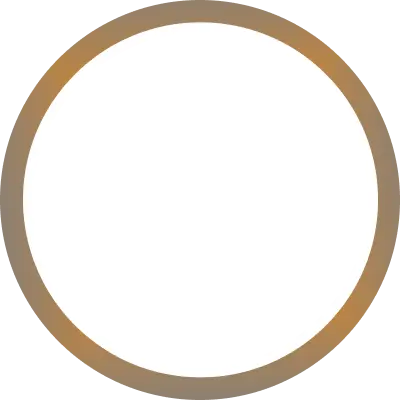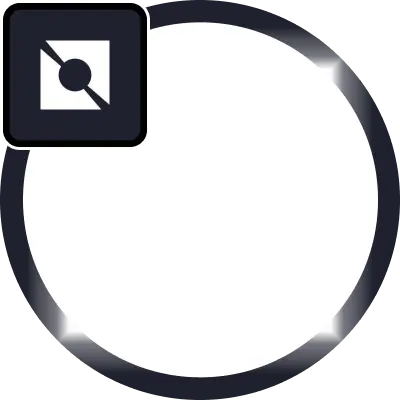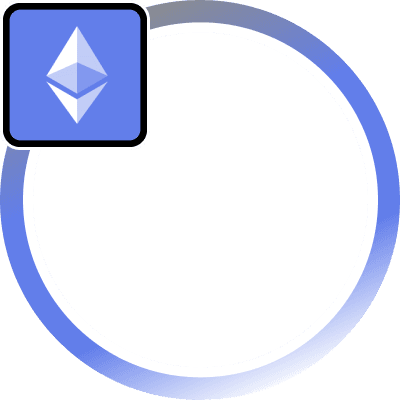Background and History
Drop was launched in 2024 as part of the expanding Cosmos ecosystem, with a specific focus on overcoming the limitations of traditional staking methods. Traditional staking often involves locking assets, preventing users from accessing them for other financial activities. Drop addresses this issue by providing a liquid staking mechanism, enabling users to stake assets and still retain liquidity through the issuance of droplets. These droplets are tokenized representations of the staked assets, which can be traded or utilized in other DeFi applications without unbonding the original assets. The protocol is deployed on Neutron, a







